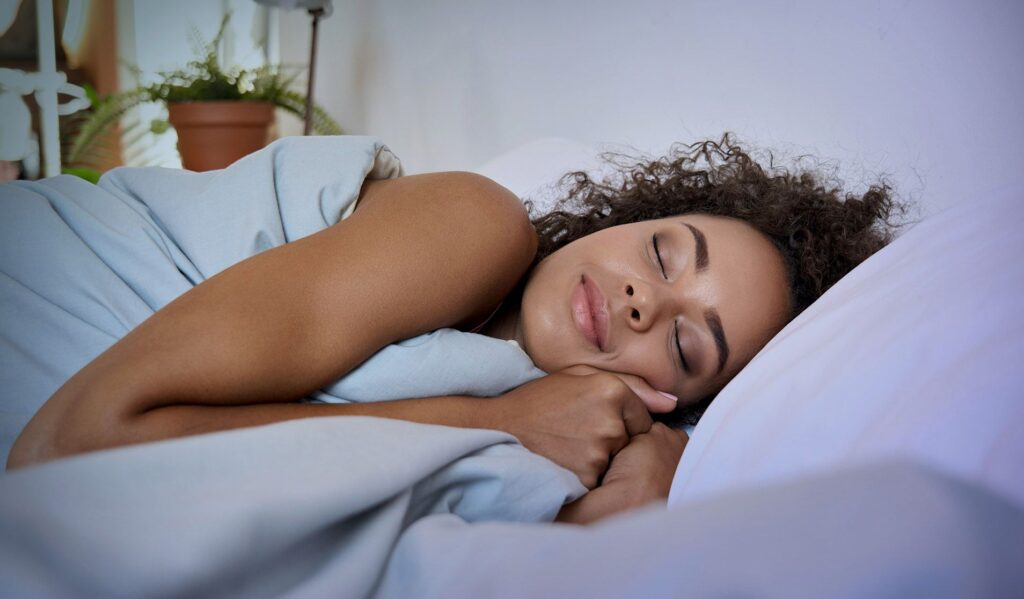
Sleep is a vital pillar of health, affecting everything from energy and cognitive function to immune strength and mood. Yet millions struggle with insomnia, uncomfortable sleep environments, or the disruptive urge to urinate at night. Understanding how each of these factors impacts quality rest—and how to optimize them—can turn restless nights into restorative sleep.
The Science of Sleep – 5 Key Topics
Sleep cycles consist of REM (rapid eye movement) and NREM (non-REM) phases, with each serving distinct functions for brain and body recovery. Ideally, adults need 7–9 hours nightly, but obstacles like insomnia, nocturia (frequent urination), and improper room temperature can interrupt these cycles and reduce sleep quality.
Insomnia: Causes and Effects
Insomnia is the inability to fall asleep, stay asleep, or achieve restorative sleep. Common triggers include stress, poor sleep habits, substance use, medical issues, and environmental factors. Insomnia affects around 1 in 3 adults at some point, leading to fatigue, concentration problems, and increased risk for heart disease, diabetes, and mood disorders.
Chronic insomnia alters the brain’s ability to transition to restful sleep, with imaging studies confirming ongoing cortical activation at night. Lifestyle changes, cognitive-behavioral therapy, and medical management can help restore healthy sleep patterns.
Room Temperature: The Optimal Environment
Room temperature dramatically influences sleep onset and depth. Experts agree the ideal bedroom temperature ranges from 60–67°F (15.5–19.5°C). Cooler rooms help the body maintain its natural thermoregulation cycle, allowing core temperature to drop and signal sleep readiness.
Overly warm rooms disrupt sleep by causing sweating and restlessness, while rooms that are too cold can induce frequent waking or difficulty falling asleep. Adjust your thermostat to the recommended range, use breathable bedding, and consider a fan or cooling mattress for best results.
Nocturia: Managing Nighttime Urination
The need to urinate at night—called nocturia—is a common culprit for sleep interruption. It affects roughly 39% of young adults and up to 77% of older adults. Causes include hydration habits, medications, hormonal shifts, bladder health, and illnesses like diabetes or sleep apnea.
Frequent nighttime urination both worsens insomnia and impairs sleep efficiency, with each bathroom trip extending night-time wakefulness by nearly 20%. Studies confirm nocturia as an independent predictor of insomnia and poor sleep quality.
Tips to Minimize Nocturia
- Limit fluids three to four hours before bedtime.
- Avoid caffeine and alcohol late in the day.
- Elevate your legs before bed to reduce fluid retention.
- Use nightlights for safer bathroom trips and clear pathways of hazards.
- For chronic or severe nocturia, medical evaluation is essential to treat possible underlying conditions.
- Practice Kegel exercises daily. Strengthening the pelvic floor muscles through Kegels can help improve bladder control and reduce nighttime urination episodes (nocturia), benefiting both men and women.
Sleep Hygiene and Healthy Habits
Optimizing your sleep involves more than just tackling temperature and bathroom habits. Good sleep hygiene can help prevent insomnia and promote deeper, restorative rest:
- Keep a consistent sleep schedule, even on weekends.
- Create a dark, quiet, and cool sleep environment.
- Limit screen time and blue light exposure at least one hour before bed.
- Use comfortable, supportive bedding and pillows.
- Manage stress through relaxation exercises, meditation, or gentle stretching.
Hydration and Daytime Choices
Staying well-hydrated during the day is linked to better sleep quality. Dehydration can lead to fatigue and irritability, while over-hydration late in the day can increase nighttime urination. Aim to consume most fluids earlier, and double-check daily habits for sources of sleep disruption.
When to Seek Medical Help
Seek medical advice if symptoms persist or significantly impair daily functioning. Sleep studies may identify conditions like sleep apnea, chronic insomnia, or bladder dysfunction requiring targeted therapy.
Sleep is a foundational part of total health. Addressing insomnia, setting the ideal room temperature, and controlling nighttime urination empowers lasting comfort and restoration. With mindful changes and personalized solutions, deep and uninterrupted sleep is possible for anyone.

Leave a Reply